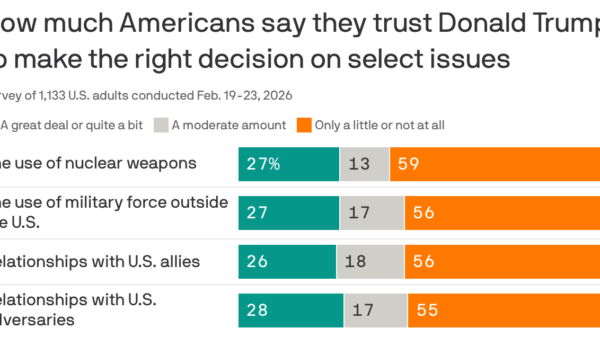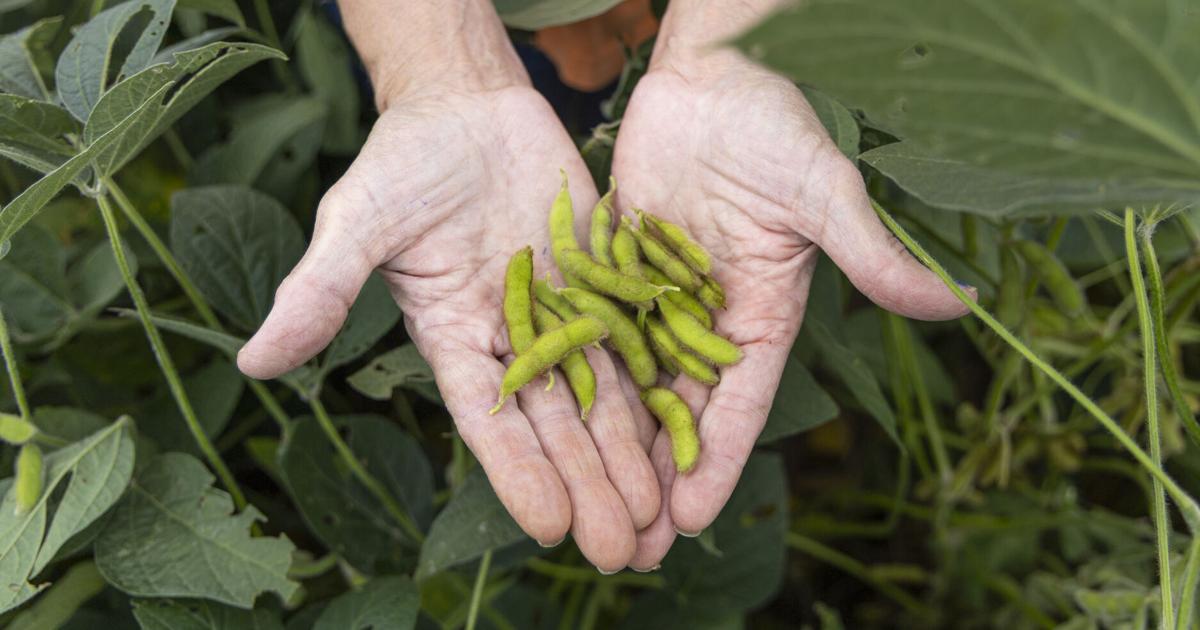The agricultural and food industry faces significant challenges as market dynamics become increasingly complex. The phrase “if you’re in a game for 20 minutes and haven’t figured out who’s the patsy, you’re the patsy,” resonates deeply with those navigating this evolving landscape. Farmers and food producers are contending with a multitude of pressures, from fluctuating market prices to changing consumer preferences, often feeling as though the odds are stacked against them.
Market Pressures and Consumer Trends
Recent reports indicate that many producers are struggling to maintain profitability in a market that seems rigged against small and family-owned operations. As large corporations dominate the industry, smaller farms often find themselves at a disadvantage. The impact of this shift is evident in the closures of several family-owned businesses, which have long been integral to local economies. For instance, a family-owned meat store is relocating within Lincoln, Nebraska, highlighting both the challenges and resilience of local businesses.
The food industry is also grappling with evolving consumer preferences. Health-conscious trends and a demand for transparency in sourcing have led many consumers to seek out locally produced goods. This shift presents an opportunity for smaller farms, yet it requires significant adjustments in marketing and production strategies. Farmers must adapt swiftly or risk being left behind in a rapidly changing environment.
Political and Economic Implications
The political landscape further complicates matters for those in the agricultural sector. Recent discussions surrounding state policies, such as the petition effort launched by Republican activists to eliminate Nebraska’s ‘Blue Dot’, reflect a growing sentiment among some residents regarding governmental influence on farming practices. These political dynamics can create uncertainty, impacting investment decisions and market confidence.
Moreover, the financial implications of these changes are significant. Many farms operate on thin margins, making them vulnerable to market fluctuations. According to reports, with consumer prices rising, producers are increasingly squeezed between the costs of production and the prices they can charge. This situation leaves many farmers questioning their future in the industry.
In the broader context, the challenges facing the agricultural sector are not unique to Nebraska. Across the globe, farmers are voicing similar concerns regarding market fairness, corporate influence, and sustainability. As food systems evolve, the call for a more equitable approach to agriculture grows louder.
The wisdom of poker, while metaphorical, serves as a cautionary tale for those in agriculture. Understanding the landscape and recognizing the dynamics at play is crucial for survival in this rigged game. Without a keen awareness of market trends and consumer demands, many farmers may find themselves outmatched in an increasingly competitive field.
“The challenges we face are not just about farming; they reflect broader issues in our economy and society,” said Amie Just, a noted agricultural analyst. “We need to advocate for policies that support fair competition and sustainability.”
As the industry navigates these turbulent waters, collaboration and innovation will be essential. Farmers, businesses, and policymakers must work together to create a more equitable and sustainable agricultural system. The stakes are high, and the future of food production hangs in the balance. Understanding the game is the first step toward ensuring a viable future for all stakeholders involved.








































































